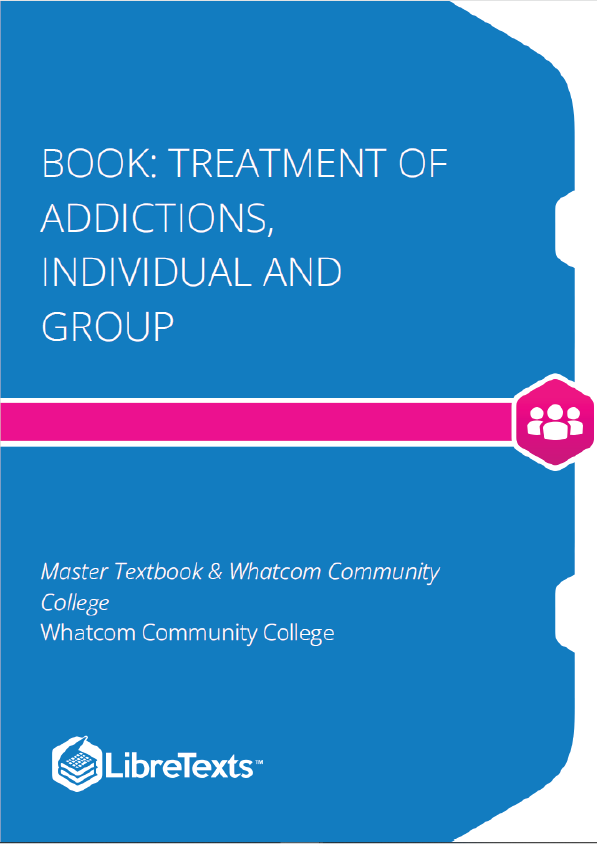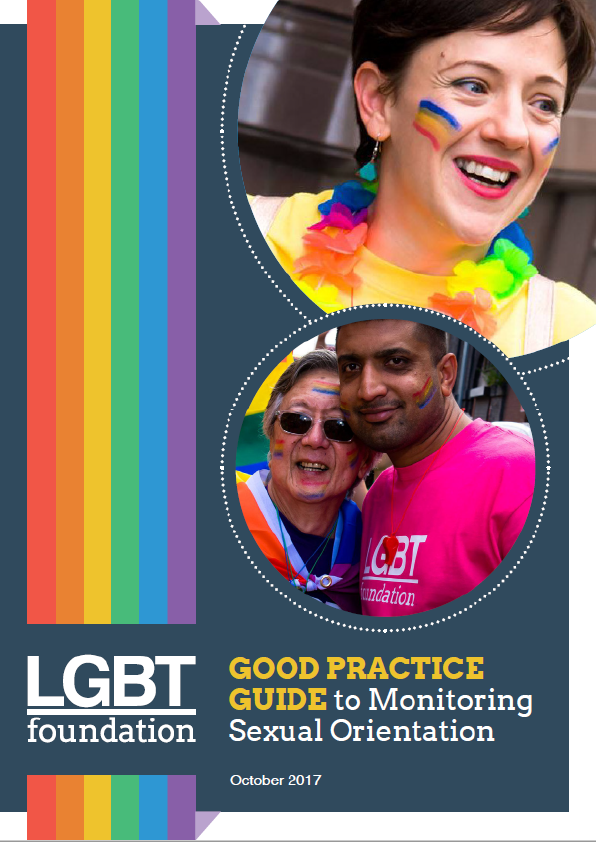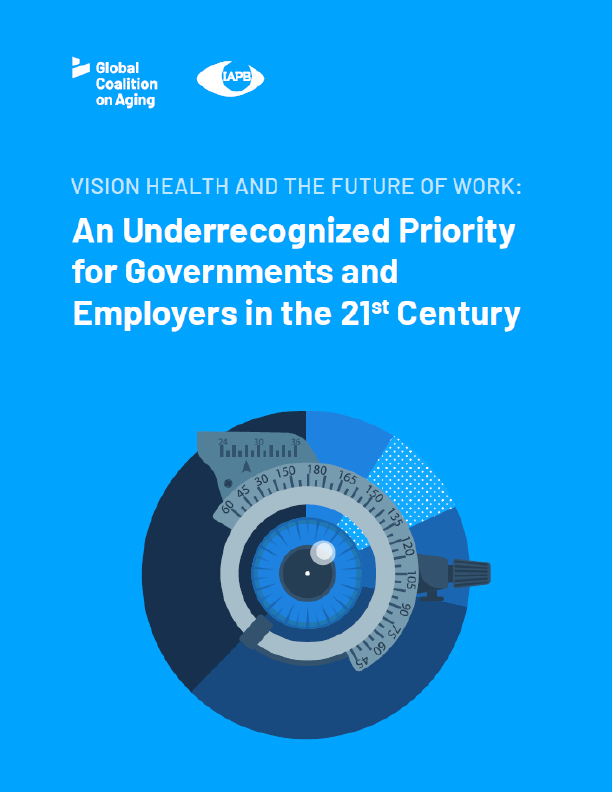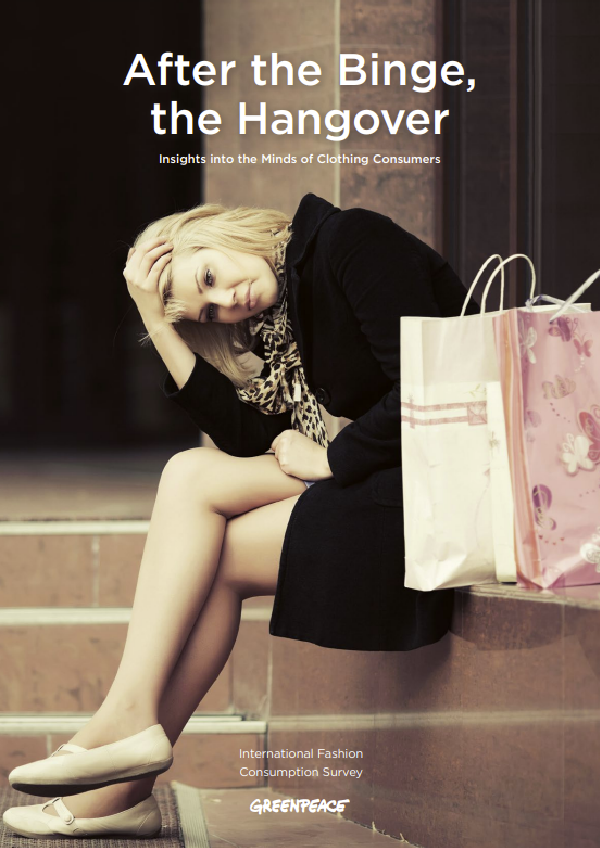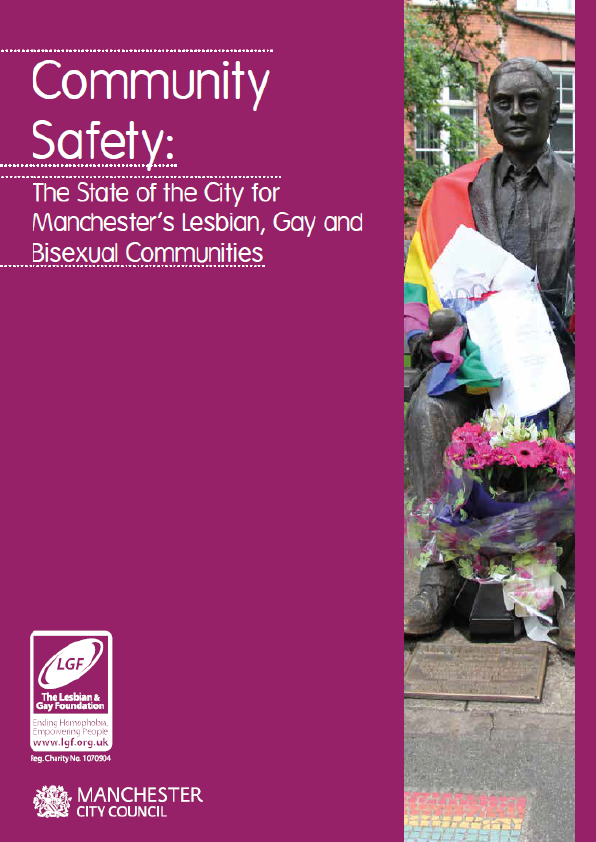The Treatment of Addictions, Individual and Group Alternative Training online textbook has been developed as a resource for students in the Chemical Dependency Professional Alternative Training courses at Whatcom Community College. This online textbook hosts a variety of learning resources, such as articles, links to websites, webinars, videos, and infographics that relate to course topics. This text covers evidenced based approaches and systems of care in individual and group addiction treatment. Systems of care, historical models, healthy system recovery, and new peer supports are explored.
Group counseling has proved to be the most effective way of treating chemical dependency. This chapter explains how to do group counseling. Patients in chemical dependency treatment programs learn best in group counseling, where patients learn about themselves by interacting with others. They also come to understand that they are not alone in their problems. In addition, they learn social and communication skills that allow them to make better use of self-help programs such as Alcoholics Anonymous and Narcotics Anonymous.
How Is Group Work Different From Individual Counseling?
Group counseling and individual counseling are both important tools for treating chemical dependency. Group counseling uses many of the same intervention strategies as individual counseling. There are, however, some important distinctions between the two modalities. A common mistake for beginning group counselors is to focus an entire group meeting on one patient, while the others in the group simply look on.
Group counseling is different from individual counseling in the following ways:
Group counseling focuses on the present; the here and now. In group counseling, patients do not delve into long accounts of personal history that preceded the problems of chemical dependency. Group counseling provides a forum to understand current behavior, to learn about chemical dependency, to discuss new ways of behaving, to learn new ways to solve problems, and to develop relapse prevention skills.
Group counseling makes use of the interactive process within the group. That is, the counselor focuses on how the group members act toward one another, communicate with one another, and how they behave in the group.
The counselor and group members offer individuals feedback about their behavior. In individual counseling patients simply disagree with their counselor. In group counseling the counselor’s feedback is combined with positive peer feedback from the group members. This makes messages more powerful.
The group provides a place for the counselor to help individuals practice new skills such as problem solving, communication, and managing stress. In group counseling, the counselor uses a peer group to influence individual patients and change behavior in a positive way.
Stages of Group Development When a group first begins, counselors and group members alike will feel very uncomfortable. The members may not know the counselor or one another. As people become familiar with the group, feelings and behavior begin to change. These changes follow predictable patterns. In fact, groups have a clear developmental life cycle, that is, a group goes through different stages. As the group leader gains experience, he or she learns to anticipate these changes and work with them.
